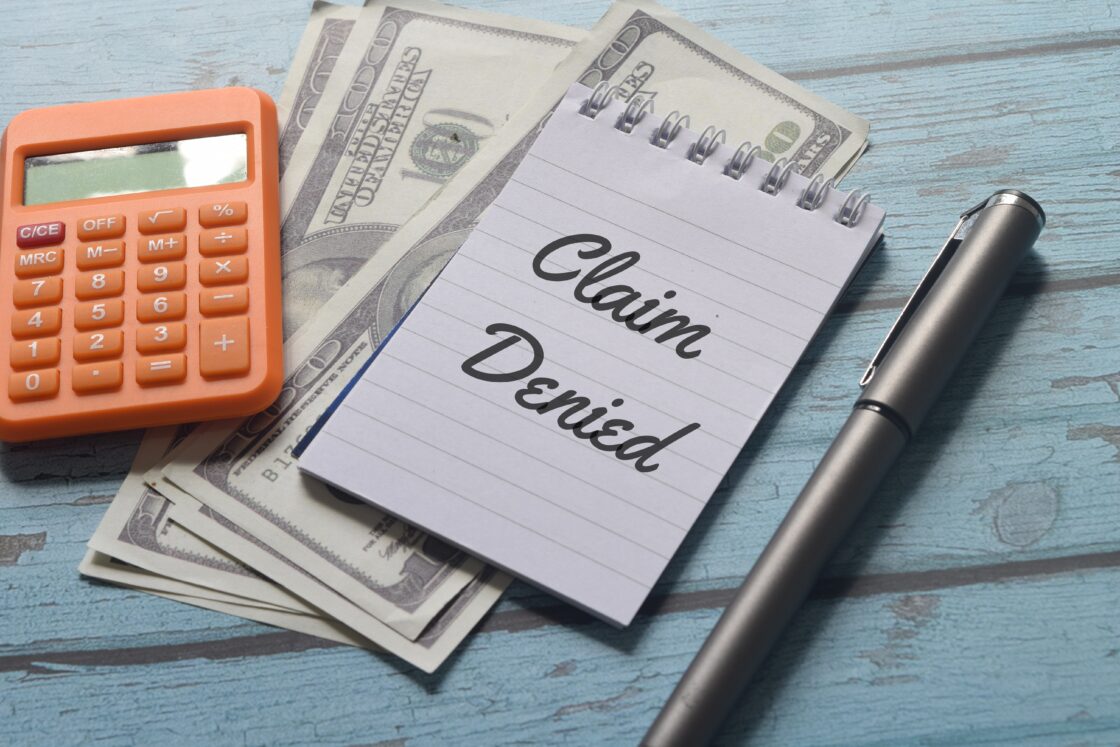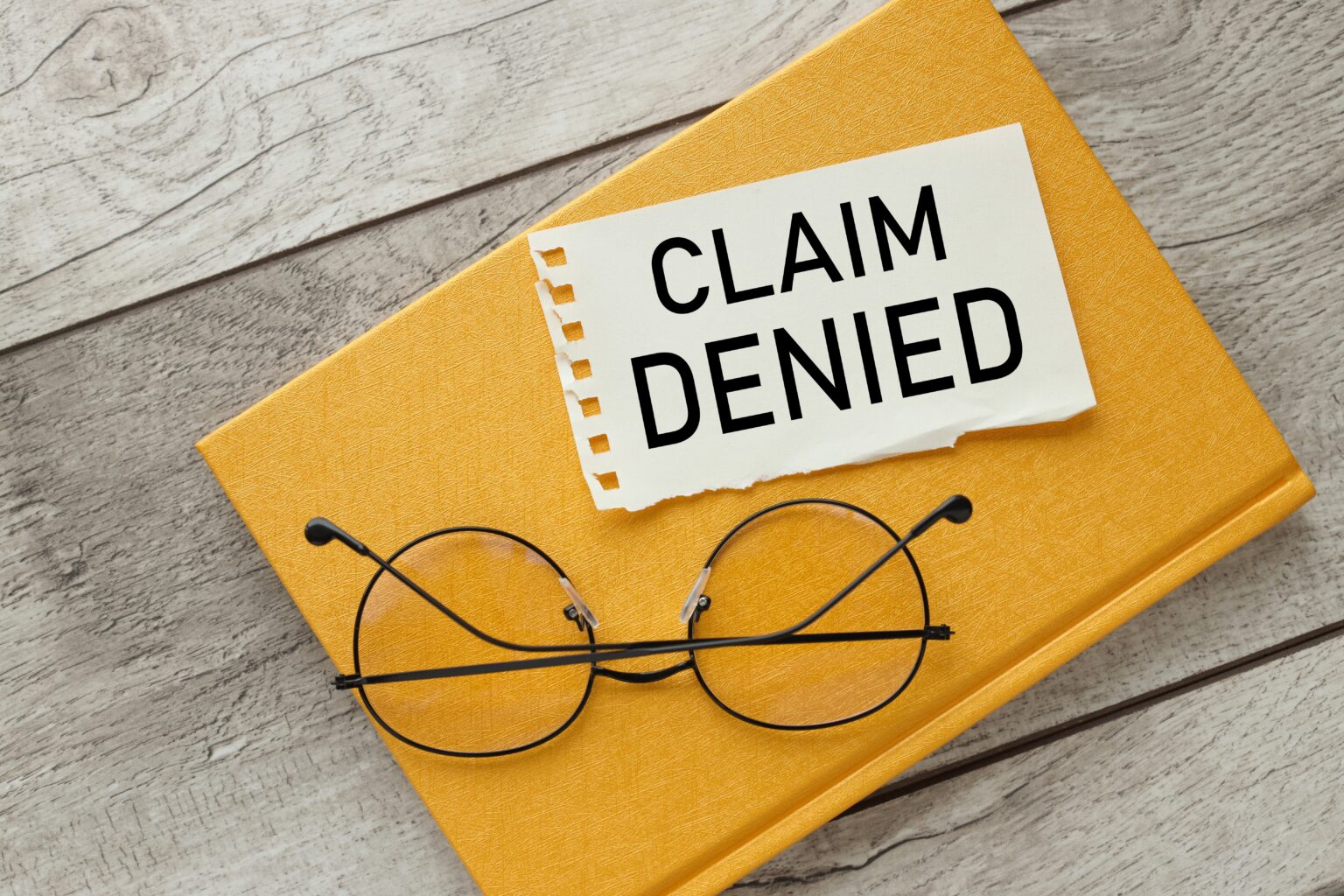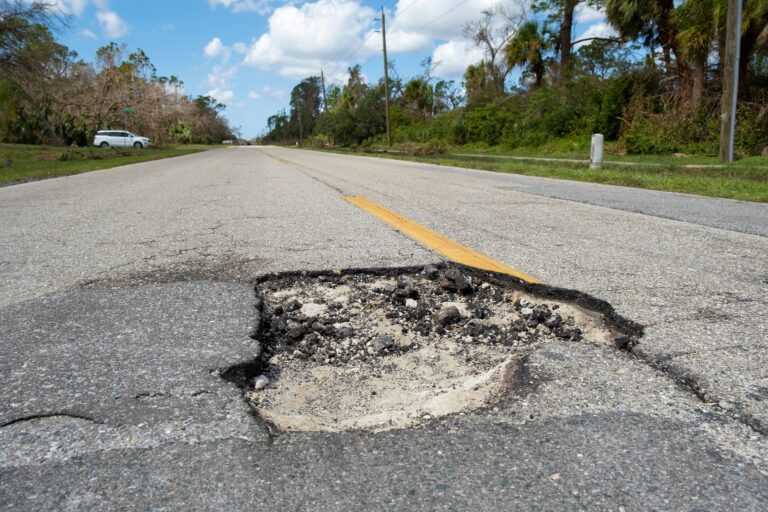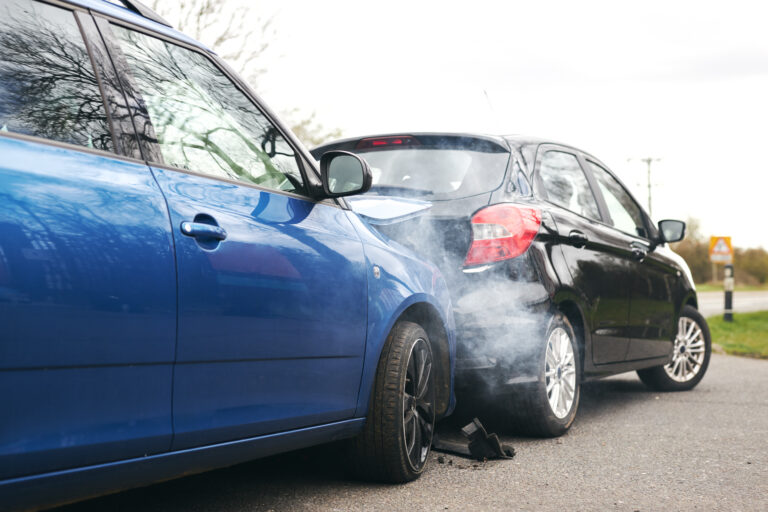Receiving a denial letter from an insurance company after a car accident can feel like a punch to the gut. You have followed the rules, filed your claim, and waited, only to be told “no.”
It is a frustrating and deeply disheartening moment, especially when you are trying to recover from injuries and deal with vehicle repairs. If an insurance company denies your car accident claim, it is natural to feel powerless, but this is rarely the end of the road.
Speaking with a Chicago car accident lawyer can help you understand your rights and options for appealing the denial and fighting for the compensation you deserve.
You have rights and options for challenging the decision. A denial is simply the insurance company’s initial position, and it is a position you can often overcome with a well-prepared response.
- First, take a deep breath and carefully review the denial letter for the specific reasons they provide.
- Next, begin organizing all the documentation of your accident and injuries.
- Finally, you can formally appeal their decision and present a stronger case.
Why an Insurance Company Might Deny a Car Accident Claim
Insurance companies are businesses. They are profitable, but paying out claims costs them money. While they have a legal duty to pay valid claims, they also have teams of adjusters and lawyers looking for reasons to minimize payouts or deny claims outright.

This does not mean every adjuster is against you, but the system is designed to protect the company’s financial interests. Sometimes, a denial is based on a legitimate reason, like a policy exclusion.
Other times, it might be based on a misunderstanding of the facts or an interpretation that unfairly favors the insurer. In some cases, an insurer’s actions may even constitute bad faith, which is a legal term for when an insurance company fails to treat you fairly, for example, by denying a claim without a reasonable basis for doing so.
An insurer might deny your claim for one of three main reasons:
- A Dispute Over Liability: They believe you, and not their policyholder, were at fault for the accident.
- A Dispute Over Damages: They do not believe your injuries or property damage are as severe as you claim, or they argue your injuries were not caused by the accident.
- A Policy or Administrative Issue: They claim there is a problem with the insurance policy itself or with how you filed the claim.
First Steps to Take After Your Car Accident Claim is Denied
When you receive that denial letter, resist the urge to fire off an angry email or make a heated phone call. Your response should be calm, organized, and strategic. Your first step is to become an expert on that denial letter.
Read it several times. Insurance company letters are often filled with complex language and references to policy clauses. Do your best to understand exactly why they are saying no.
- Pinpoint the specific reason or reasons cited for the denial. Is it a liability issue, a medical dispute, or something else?
- Take note of any policy provisions or exclusions they reference. You can ask the insurer for a full copy of the policy so you can read these sections yourself.
- Look for any deadlines mentioned. Many letters will inform you of a time limit to submit an appeal.
After you have analyzed the letter, your next job is to get organized. Create a dedicated folder or digital file for everything related to your accident and claim.
- The Police Report: Get a copy of the official police or traffic crash report if you have not already.
- Photos and Videos: Gather all photos and videos you took at the accident scene, including damage to all vehicles, skid marks, and the surrounding area.
- Witness Information: Make a list of any witnesses and their contact details.
How to Gather More Evidence When an Insurance Company Denies Your Car Accident Claim
A denial letter is a roadmap. It tells you exactly where your initial claim was weak and what you need to strengthen for an appeal. Your goal is to find evidence that directly counters the insurer’s reason for denying your claim.
If the denial was based on a dispute over fault, you need evidence to prove the other driver was liable. Imagine your accident happened at a busy intersection in the Loop; more evidence may be available than you think.
- Witness Statements: If you did not get statements from witnesses at the scene, try to contact them now. A written or recorded statement from a neutral third party can be very persuasive.
- Surveillance Footage: Check with nearby businesses to see if they have security cameras that might have captured the accident. Many storefronts, ATMs, and red-light cameras record footage that could clarify what happened.
- Accident Reconstructionist: For serious accidents, it may be helpful to work with an accident reconstructionist. This is a professional who uses physics and engineering to analyze accident evidence and determine how a crash occurred.
If the denial was based on your injuries, your focus shifts to medical evidence. The insurer is essentially saying, “Prove it.” You will need clear documentation connecting your injuries to the accident.
- Complete Medical Records: Request all your records from every doctor, physical therapist, and hospital you visited after the accident, whether it was Northwestern Memorial Hospital or a local clinic.
- Doctor’s Narrative: Ask your primary treating doctor to write a detailed letter, often called a narrative report. This letter should explain the nature of your injuries, confirm they were caused by the accident, and outline the need for your treatment.
- Keep a Pain Journal: Document your daily pain levels, physical limitations, and how the injuries are affecting your ability to work, sleep, and enjoy life. This provides a personal account of your suffering.
Writing an Effective Appeal Letter
Your appeal letter is your formal opportunity to argue your case. It should be a professional, fact-based document that clearly explains why the denial was wrong and is supported by your newly gathered evidence.
Structure the letter for clarity. Do not bury your main point in long, rambling paragraphs. Use headings and bullet points to make it easy for the new adjuster reviewing your appeal to understand your position.

- Introduction: Start by clearly stating that you are appealing the denial of your claim. Include the claim number, date of the accident, and the date of their denial letter.
- Rebuttal: Go directly to the reason they denied your claim. For example, “Your letter states the denial is based on a dispute of liability. However, new evidence demonstrates your insured was at fault.”
- Evidence Summary: Briefly explain the new evidence you have included. For example, “Enclosed you will find a statement from a witness, Ms. Jane Doe, who confirms your insured ran the red light.”
- Demand: Conclude by restating what you are seeking. This should be a clear request for the insurer to reverse its decision and provide fair compensation for your medical bills, lost wages, and other damages.
When you send the letter, be sure to attach copies, not originals, of all your supporting documents.
- The narrative report from your doctor.
- Written witness statements.
- A copy of the police report (if it supports your case).
When to Consider Legal Guidance After an Insurance Company Denies Your Car Accident Claim
You have the right to handle the appeal process on your own. However, going up against a major insurance company and its team of adjusters can be an exhausting, uphill battle, especially when you should be focused on your health and recovery.
In certain situations, seeking guidance from a legal professional becomes particularly beneficial. If you are in one of the following situations, it may be time to discuss your case with a personal injury attorney.
- Your Injuries are Serious or Permanent: If you have suffered significant injuries that require ongoing medical care or have resulted in a permanent disability, the stakes are very high. An attorney can help account for future medical costs and lost earning capacity.
- The Insurer Alleges Fraud: An accusation of fraud is extremely serious. You need someone on your side to protect your rights and reputation.
- The Company is Unresponsive or Acting in Bad Faith: If the insurer is ignoring your calls, refusing to provide a reason for the denial, or using clear delay tactics, a lawyer can step in to hold them accountable.
Many personal injury attorneys work on a contingency fee basis. This means you do not pay any attorney’s fees unless they successfully recover money for you through a settlement or verdict.
Turning a Denial Into a Path Forward
A denied car accident claim is a setback, not a final defeat. You can challenge the insurance company’s decision by understanding the reasons for the denial, systematically gathering evidence, and presenting a strong appeal. Be patient with yourself and the process as you work toward a fair resolution.
How long do I have to appeal a denied car accident claim in Illinois?
There is no set legal deadline for an internal appeal with the insurance company itself, but you should act quickly. The most critical deadline is the statute of limitations, which is a law setting a time limit for filing a lawsuit. In Illinois, you generally have two years from the date of the accident to file a personal injury lawsuit.
- Waiting too long can make evidence harder to find.
- Witness memories fade over time.
- If you miss the two-year deadline, you will likely lose your right to seek compensation in court forever.
Can I reopen a claim if the insurance company denies my car accident claim and I just accept it?
Generally, no. If you accept the denial without appealing, especially if you sign any document from the insurer called a “release” or “settlement agreement,” you almost always give up your right to pursue the claim any further.
- Never sign any documents from an insurance company without fully understanding what they mean.
- A release form closes your claim permanently in exchange for a payment (even if that payment is zero dollars).
- It is a binding contract that is very difficult to undo.
What if my own insurance company denies my uninsured/underinsured motorist claim?
This can be especially frustrating. You pay premiums for this coverage, but your own insurer can sometimes be just as difficult as the at-fault driver’s. They may deny your claim for similar reasons, such as questioning your injuries. The process of appealing is the same. You have the right to challenge their denial, present evidence, and demand the benefits you paid for.

- You would follow the same steps: review the denial, gather medical evidence, and write a formal appeal letter.
- Your relationship with your insurer changes in this context; they are now your adversary in the claim.
- You can still seek legal help to fight your own insurance company if they are treating you unfairly.
Navigating the aftermath of a car accident is challenging enough without having to fight an insurance company. If you feel overwhelmed by a denied claim and unsure of your next steps, you do not have to face it alone.
At Walner Law, we understand the frustration and uncertainty you are experiencing. As a trusted Chicago personal injury lawyer, we are here to help Chicagoans understand their options. For a discussion about your situation, please call us at (312) 410-8496.


 Skip to content
Skip to content




